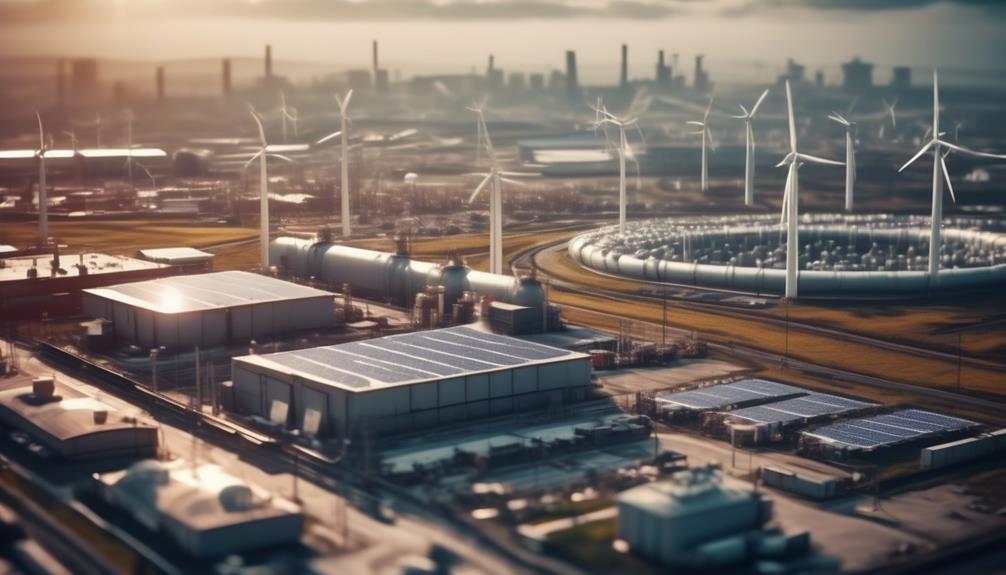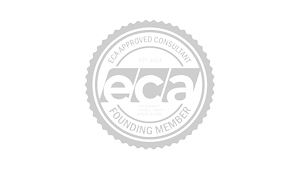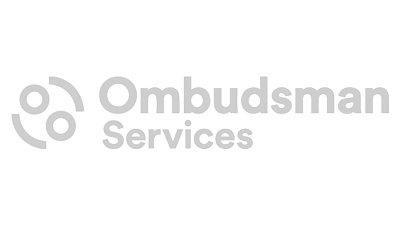In the quest for operational efficiency and cost reduction, business leaders and facility managers are increasingly turning their attention to energy efficiency. With rising energy costs and growing environmental concerns, the pressure to optimise energy usage and uncover opportunities for savings has never been more pressing.
This guide offers a deep dive into the world of energy audits, a critical step for businesses aiming to not only reduce their energy expenditures but also contribute to a more sustainable future. Drawing on extensive experience in the field, the guide provides a comprehensive look at how to assess current energy consumption and optimise equipment performance, ensuring you’re not left in the dark when it comes to saving on energy costs.
Understanding the complexities involved in conducting a thorough energy audit and realizing its benefits can be daunting. However, this guide is crafted to demystify the process, presenting a clear pathway for businesses ready to take control of their energy usage. By focusing on practical strategies and real-world examples, we aim to equip you with the knowledge needed to make informed decisions that boost your bottom line while supporting environmental sustainability.
As you continue reading, you’ll find actionable insights and tips designed to guide you through optimising your business’s energy efficiency. Let’s embark on this journey together, towards a more energy-efficient and cost-effective future for your business.
Understanding Business Energy Audits
Business energy audits are essential for businesses seeking to identify and address inefficiencies in their gas and electricity usage. Conducting a comprehensive energy audit allows businesses to gain a thorough understanding of their energy usage, which is crucial for implementing measures to improve efficiency and reduce energy bills.
The audit involves a detailed assessment of the premises, including employee habits and building structure and equipment. By walking around the building and using a checklist, businesses can identify energy-saving opportunities and assess the performance of heating, cooling, and lighting equipment.
To optimise lighting, businesses can address lights left on in unoccupied areas, consider installing LED lightbulbs, and implement motion sensor lighting. Additionally, it is important to ensure accessible manual switches and clean windows to enhance lighting efficiency.
Optimising the energy efficiency of electrical equipment and IT involves encouraging employees to switch off computers, maintaining refrigeration equipment, choosing energy-efficient appliances, and evaluating building insulation and work practices.
Undertaking energy audits enables businesses to identify potential energy savings, reduce costs, and contribute to environmental sustainability by lowering carbon emissions.
Benefits of Conducting Energy Audits
Conducting energy audits offers business owners and operators valuable insights into their energy usage and potential cost-saving opportunities, supporting informed decision-making and sustainable practices.
Identifying areas for energy efficiency improvements is crucial for businesses looking to reduce energy costs. In fact, a Business Energy Audit can save money by pinpointing inefficiencies and recommending measures to reduce energy consumption.
The Green Alliance found that conducting an energy audit is an assessment that goes beyond just cost savings; it contributes to environmental benefits and supports carbon emissions reduction targets.
Moreover, for commercial enterprises with more than 250 employees, conducting energy audits is a legal requirement. For smaller businesses, energy audits not only help save money but also support growth by introducing greener energy practices.
Additionally, energy audits can enhance equipment lifespan by identifying areas for maintenance or upgrades, moving businesses towards sustainable practices.
Process of Conducting Energy Audits
When proceeding with the assessment of energy usage and potential cost-saving opportunities, the process of conducting energy audits involves a systematic approach to identifying and evaluating energy-saving measures within a business environment. Energy auditors help make businesses more energy-efficient by identifying areas with high energy consumption and potential risks. The process includes walking around the building to understand energy use, using a checklist to identify energy-saving opportunities, and assessing lighting, computer usage, and heating/cooling systems. Safety is paramount during the inspection of the building. Once the assessment is complete, the energy auditor creates an implementation plan based on the findings, which may include recommendations for upgrading to LED lighting, optimising air conditioning systems, and other measures to reduce carbon footprint and achieve cost savings.
| Areas Assessed | Potential Measures |
|---|---|
| Lighting | Upgrade to LED lighting |
| Computer Usage | Optimise energy consumption |
| Heating/Cooling Systems | Improve air conditioning systems |
This systematic approach allows for a comprehensive evaluation of energy usage and potential cost-saving opportunities, ensuring that businesses can take control of their energy consumption and make informed decisions to drive efficiency and sustainability.
Elements of a Comprehensive Energy Audit
With a focus on identifying energy inefficiencies and potential areas for improvement, a comprehensive energy audit encompasses a thorough examination of various elements within a property’s energy usage and efficiency.
This includes assessing insulation to ensure it meets energy efficiency standards, evaluating lighting systems for energy-saving opportunities such as LED conversion, examining appliances for energy-efficient models, and reviewing HVAC systems for optimisation.
Additionally, on-site inspection is conducted to analyse energy usage patterns and identify areas of energy waste. The goal is to pinpoint opportunities to reduce your business’s energy costs and improve energy prices.
By delving into these elements, the audit aims to provide a complete guide for businesses to optimise their energy consumption and reduce their carbon footprint.
Through the identification of energy-saving opportunities, a comprehensive energy audit contributes to the overall goal of environmental sustainability while also yielding cost savings for businesses.
Cost Considerations for Energy Audits
Considering the financial implications of conducting an energy audit is an important aspect of effective energy management for businesses. Cost considerations for business energy audits encompass various factors, including the potential risks of energy wastage, the impact on gas and electricity bills, and the overall reduction in the organisation’s carbon footprint.
While the upfront expenditure of an energy audit may seem significant, the long-term benefits often outweigh the initial costs. It is essential to recognise that energy audits can lead to substantial savings through the identification and rectification of inefficiencies within the business’s energy consumption. Moreover, reducing energy usage not only lowers operational expenses but also aligns with environmental sustainability goals.
In some cases, conducting energy audits may be a legal requirement, particularly for larger businesses. The comprehensive nature of a detailed report resulting from an energy audit provides valuable insights into the building structure and enables informed decision-making regarding energy-efficient upgrades and improvements.
Ultimately, the financial commitment to energy audits can yield substantial returns in the form of reduced energy expenses and enhanced operational efficiency.
Professional Energy Audit Services
Professional energy audit services provide comprehensive assessments of a business’s energy usage and offer detailed insights for creating an efficient energy savings plan. These services involve a thorough assessment of lighting, computer usage, energy-intensive activities, heating/cooling systems, hot water, insulation/heat-loss, and employee awareness.
Additionally, they include a commercial energy audit, which encompasses a detailed examination of heating and cooling equipment, lighting, and electrical equipment/IT. Moreover, building assessments are conducted, considering safety, insulation, and other energy-consuming systems.
Engaging a certified energy auditor for an on-site inspection is a crucial step in professional energy audit services. This thorough approach ensures that all potential risks are assessed before walking around and that actionable recommendations can be provided to improve your business’s energy efficiency.
This professional service is indispensable for any business owner looking to reduce their business’s energy consumption and make energy cost savings a priority. By obtaining professional energy audit services, businesses can gain access to a comprehensive guide to help them understand their energy usage and identify opportunities for energy efficiency improvements.


















